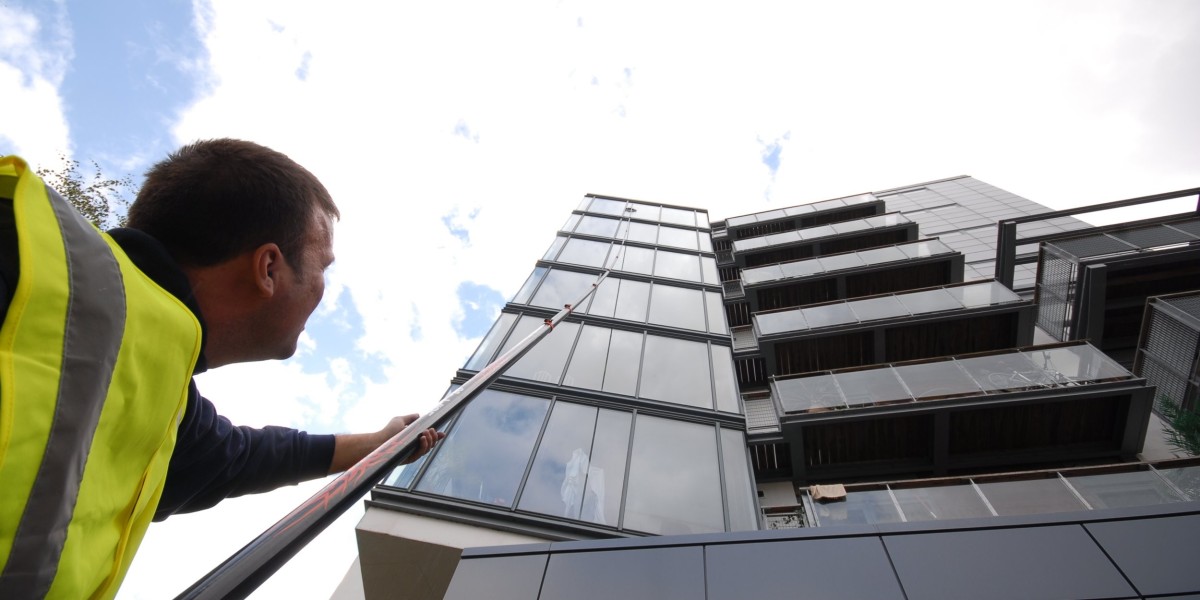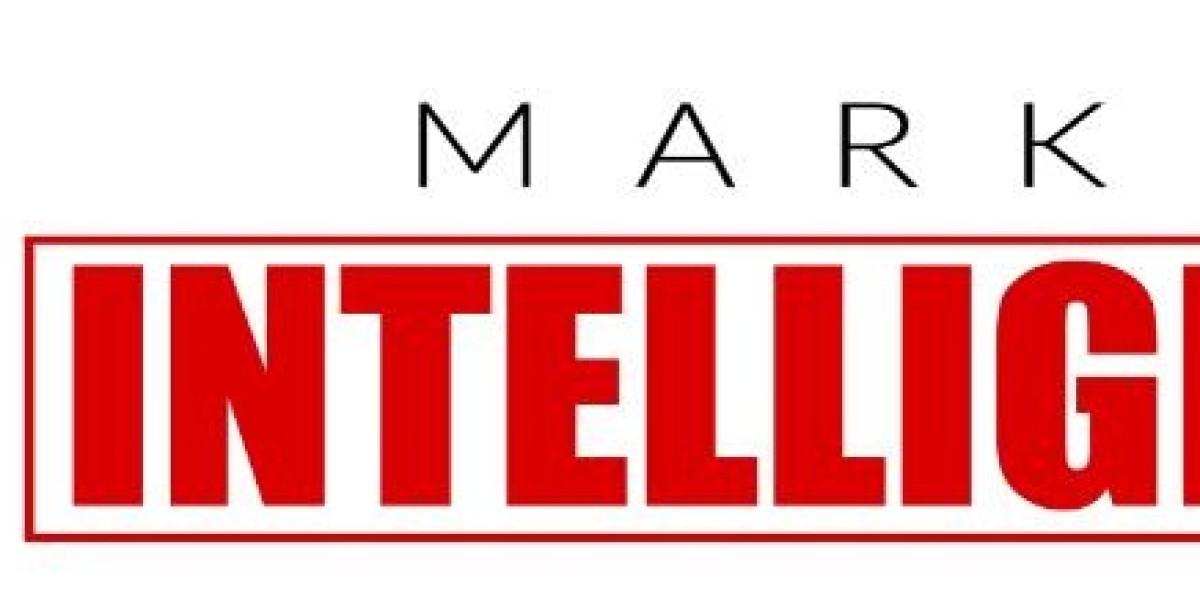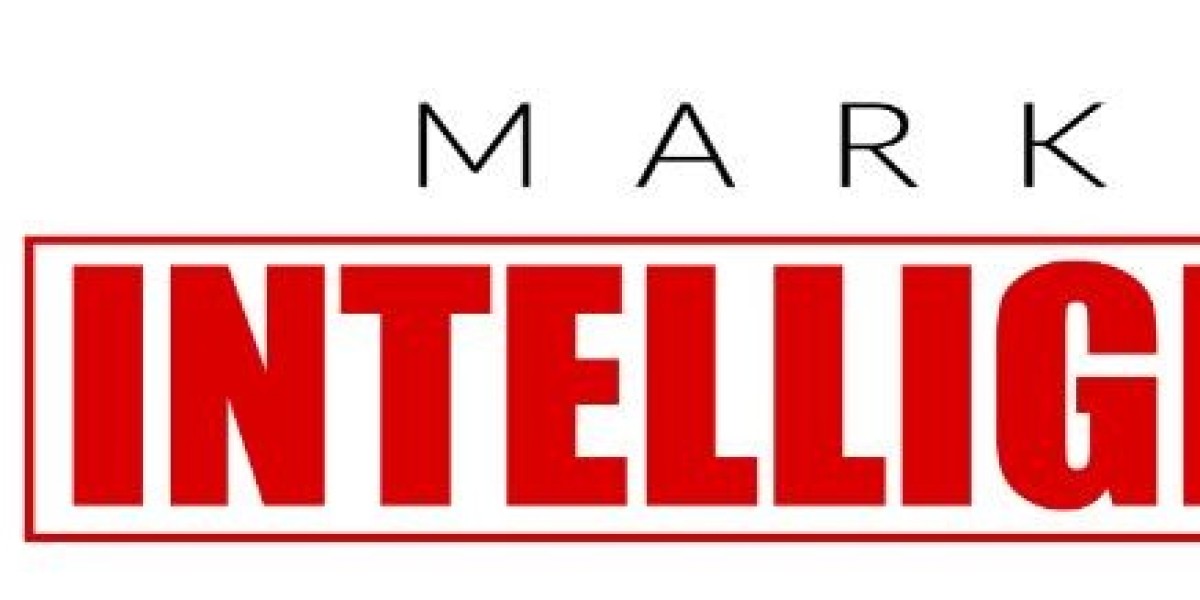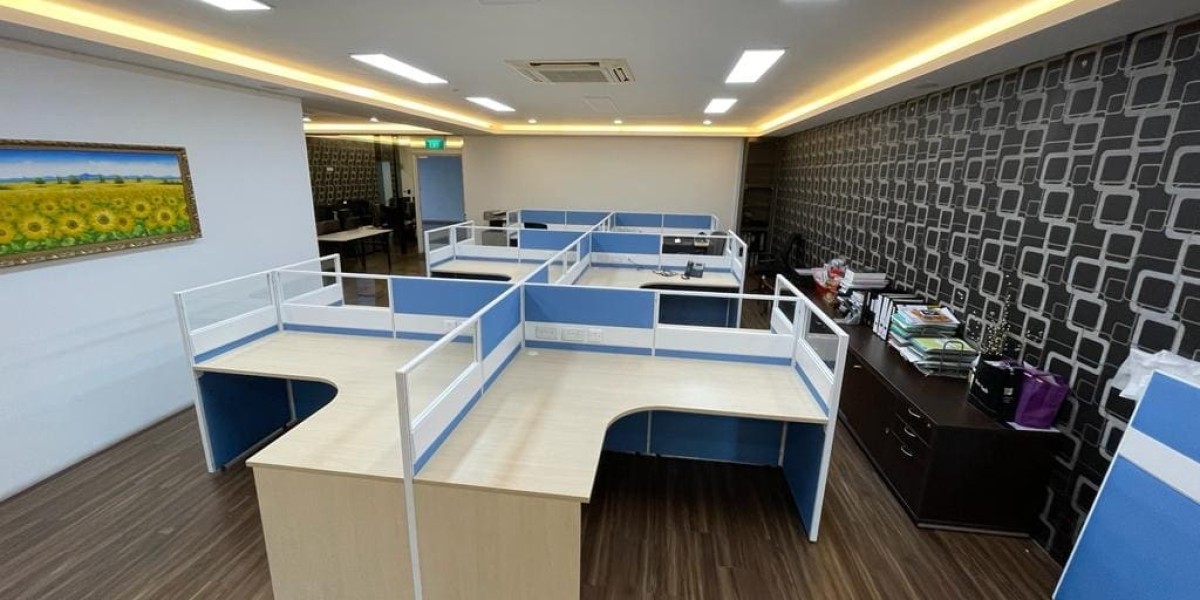reach and wash system can be a game-changer, whether you're a professional cleaner or a homeowner looking to maintain spotless windows with ease. With various systems available, choosing the right one can be overwhelming. This guide will walk you through the key considerations and options to help you make an informed decision when buying a window cleaning system.
Understanding Your Needs
Before purchasing a window cleaning system, it's crucial to assess your specific needs. Consider the following factors:
Type of Property
- Residential: For homeowners, a basic system might suffice, especially if you’re dealing with single-story homes or easily accessible windows.
- Commercial: For businesses or high-rise buildings, you'll need a more robust system capable of reaching greater heights and covering larger areas.
Height and Accessibility
- Low-Rise: If you're cleaning low-rise buildings, a simple telescopic pole system might be enough.
- High-Rise: For high-rise buildings, consider a system with a longer reach, such as a Water-Fed Pole (WFP) or Reach and Wash system.
Frequency of Use
- Occasional Use: For occasional cleaning, a basic system may be more cost-effective.
- Frequent Use: If you plan to clean windows regularly, invest in a durable, high-quality system that can withstand repeated use.
Surface Type
- Glass Only: A standard window cleaning system may be sufficient.
- Multiple Surfaces: If you also need to clean solar panels, building facades, or other surfaces, look for a versatile system.
Types of Window Cleaning Systems
Traditional Squeegee and Bucket
- Overview: The classic window cleaning method involves a squeegee, a bucket, and a cleaning solution. This method is simple and effective for small jobs.
- Best For: Residential use, small businesses, and areas where windows are easily accessible.
- Pros: Inexpensive, easy to use, and widely available.
- Cons: Requires manual effort and may not be practical for large or high windows.
Water-Fed Pole (WFP) System
- Overview: The WFP system uses a telescopic pole and purified water to clean windows from the ground level. The pole extends to reach high windows, and the purified water leaves no streaks.
- Best For: Commercial buildings, high-rise structures, and large-scale cleaning jobs.
- Pros: Safe, efficient, and eco-friendly. Eliminates the need for ladders and chemicals.
- Cons: Higher initial cost and requires access to a water source.
Reach and Wash System
- Overview: Similar to the WFP system, the Reach and Wash system uses a telescopic pole and purified water but is often marketed as a complete package with advanced water filtration technology.
- Best For: High-rise buildings, commercial properties, and versatile cleaning needs.
- Pros: Excellent for reaching difficult areas and provides superior cleaning results.
- Cons: Can be expensive and may require regular maintenance.
High-Pressure Cleaning System
- Overview: This system uses high-pressure water jets to remove dirt, grime, and debris from windows. It’s particularly effective for heavily soiled surfaces.
- Best For: Industrial settings, heavily stained windows, and outdoor surfaces.
- Pros: Powerful cleaning capability and effective on tough stains.
- Cons: Can be overkill for regular window cleaning and requires careful handling to avoid damage.
Robotic Window Cleaners
- Overview: Robotic cleaners are autonomous devices that attach to the window and clean it automatically. They use sensors to navigate and avoid obstacles.
- Best For: Modern homes, tech-savvy users, and hard-to-reach windows.
- Pros: Hands-free operation and easy to use.
- Cons: Limited to smaller windows and may not be as effective on very dirty surfaces.
Key Features to Consider
Pole Length and Material
- Length: Ensure the pole is long enough to reach your highest windows. Some poles can extend over 70 feet.
- Material: Carbon fiber poles are lightweight and durable but more expensive. Aluminum poles are more affordable but heavier.
Water Purification
- System Type: Look for a system with a reliable water purification process, such as reverse osmosis or deionization, to ensure streak-free results.
- Portability: Consider whether you need a portable purification unit or if a stationary system will suffice.
Brush Quality
- Bristles: Soft bristles are ideal for glass surfaces to avoid scratches, while sturdier bristles are better for tough grime.
- Adjustability: Some systems offer adjustable brush heads to clean different surfaces and angles.
Ease of Use
- Setup and Operation: Choose a system that is easy to set up and operate, especially if you’re new to window cleaning.
- Maintenance: Consider the maintenance requirements of the system. Simpler systems may require less upkeep.
Cost
- Budget: Determine your budget and weigh the cost against the system’s features and benefits.
- Long-Term Value: Consider the long-term value of the system. Investing in a higher-quality system may save money on repairs and replacements in the future.
Where to Buy
Window cleaning systems can be purchased from various sources, including:
- Specialty Retailers: Stores that specialize in cleaning supplies often carry a wide range of window cleaning systems and accessories.
- Online Marketplaces: Websites like Amazon, eBay, and dedicated cleaning supply sites offer a vast selection of products, often with customer reviews to help guide your decision.
- Direct from Manufacturers: Purchasing directly from the manufacturer can provide you with detailed product information and customer support.
Conclusion
Buying the right window cleaning system is an investment that can pay off in terms of time savings, safety, and quality of results. By understanding your specific needs and considering the features of different systems, you can choose the best option for your situation. Whether you're looking for a basic squeegee setup or a high-tech Reach and Wash system, there’s a solution out there that can meet your window cleaning needs and help you achieve spotless, streak-free windows.



